|
Each of our responders are supplied with a kit which allows them to provide the best possible care for the patient before the ambulance arrives. The kit consists of a fully equipped kit bag and an automated external defibrillator (AED).
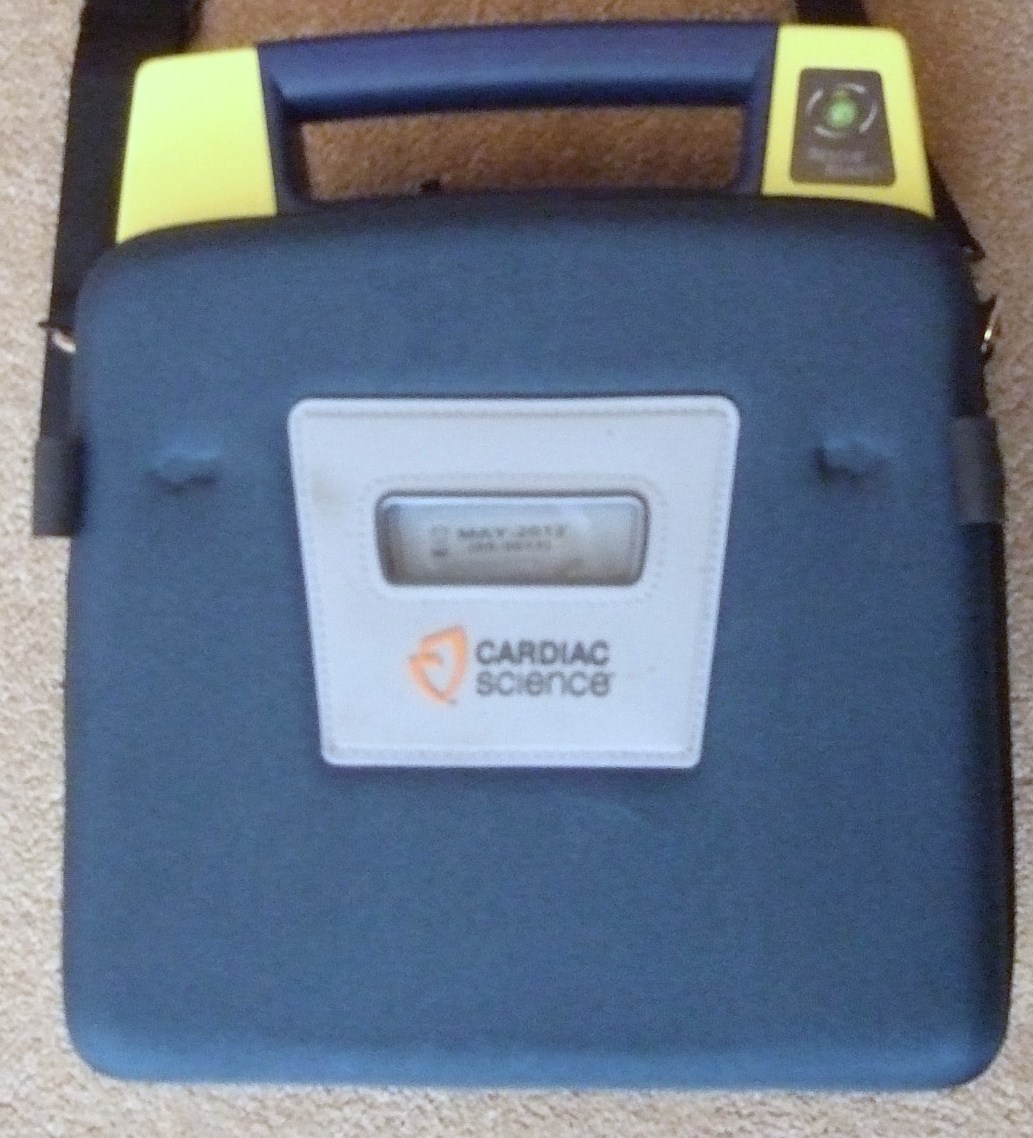 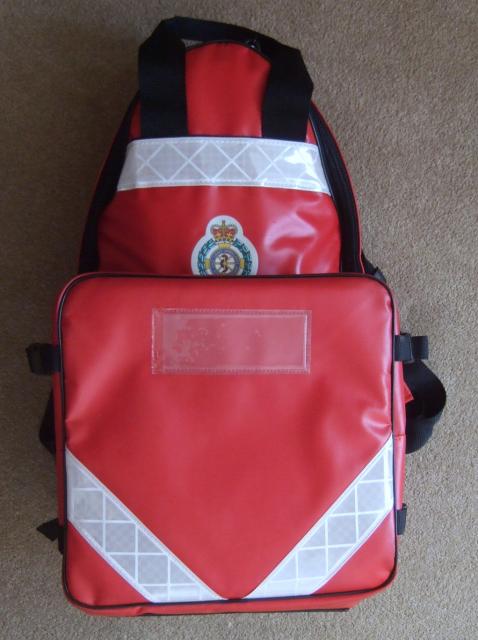
AED
An AED is a device that is used to attempt to 're-set' a patients heart when they are in cardiac arrest. The heart goes into a state where it is no longer pumping blood around the body effectively and the patient will become unconscious and stops breathing. The AED is able to analyse the rhythm that the heart is in, and if appropriate, will deliver an electrical shock to the heart, wit the aim of restoring a normal heart rhythm.
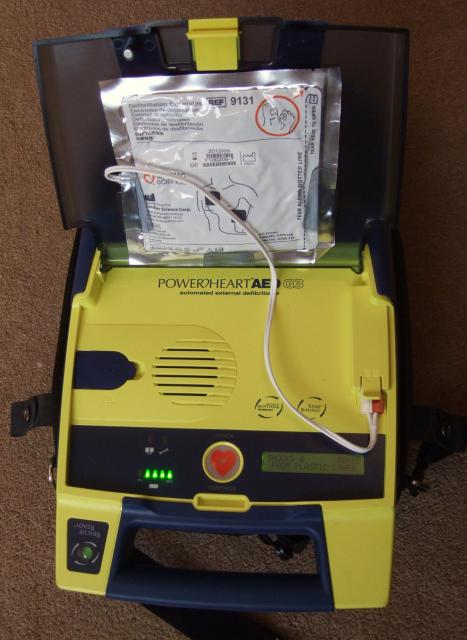
Kit Bag
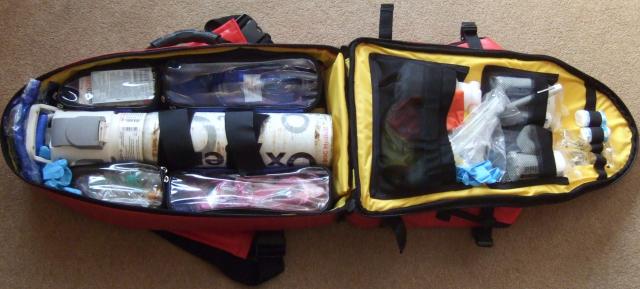
This kit bag contains a range of equipment that allows responders to take the best care of the patient before the ambulance arrives. It includes:
-
Oxygen and high flow oxygen masks - these can be used to deal with patients having difficulties breathing, some patients who have chest pains and unconscious patients.
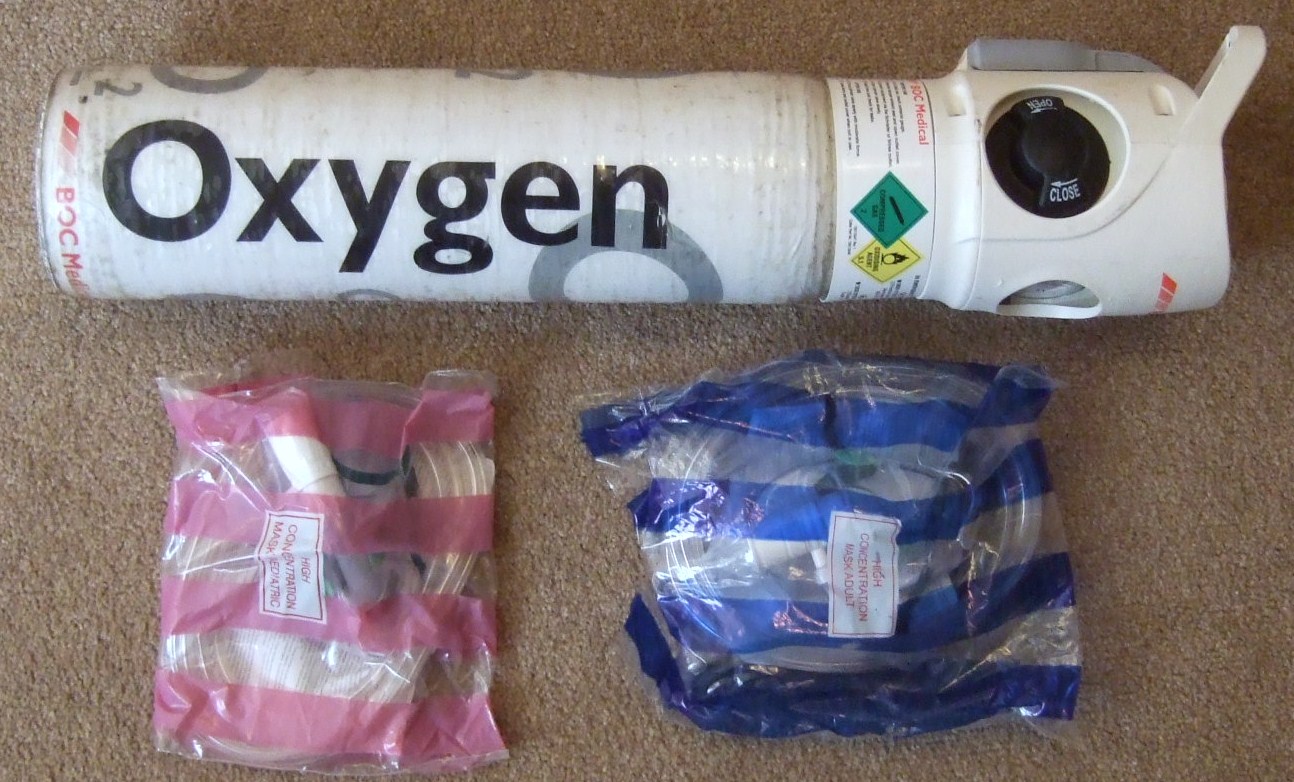
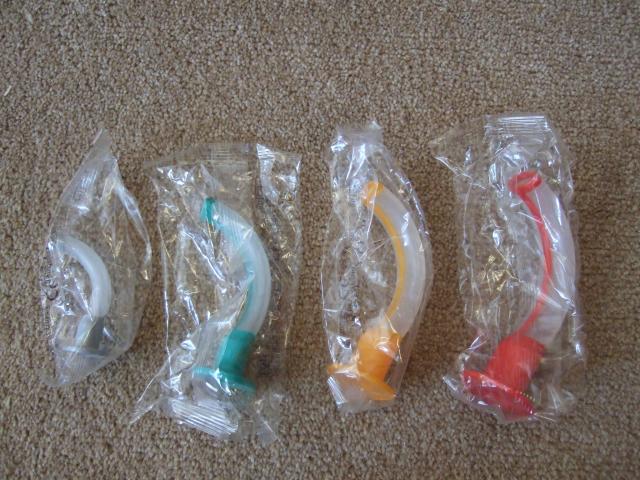
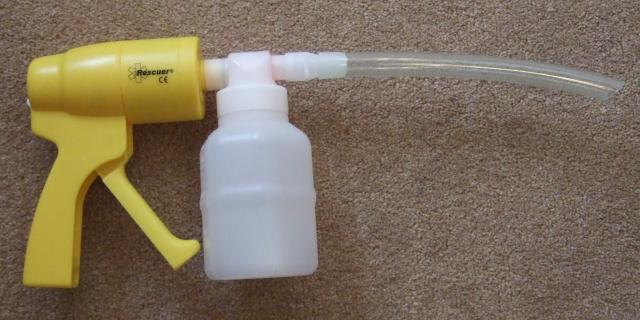
-
Trauma kit - contains a range of dressings, including bandages, plasters and gauze, to allow us to clean and dress any wounds the the patient may have.

-
AED extras - contains a metronome which assists us with the speed of chest compressions, shears to cut through any clothing that needs to be removed, a mask which allows us to give rescue breaths to a patient and spare electrodes for the AED in case they are required.
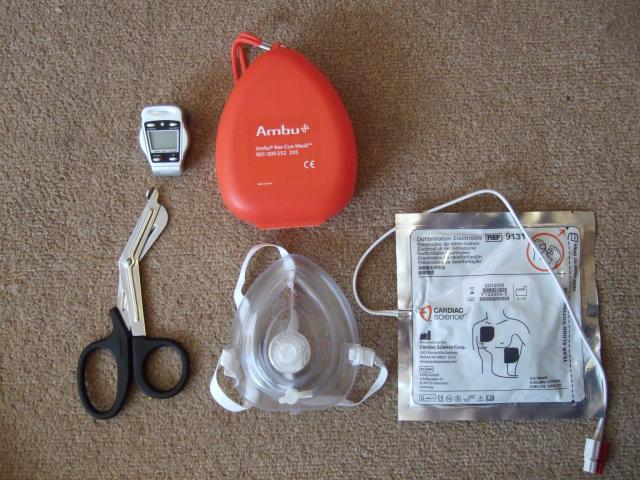
| |

